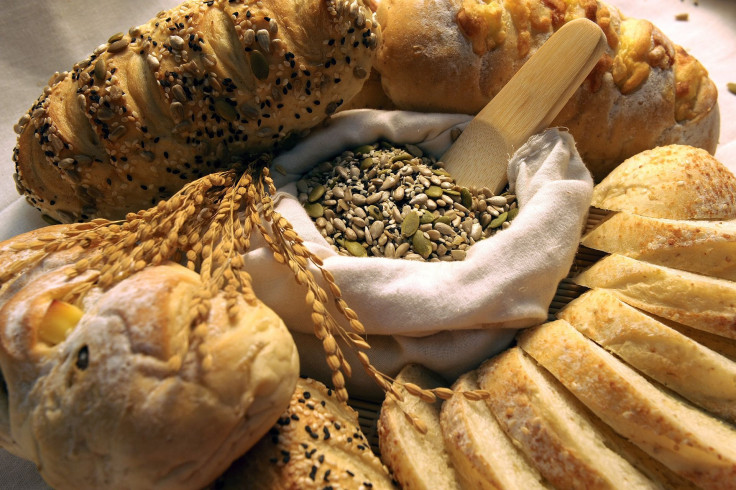What Are Carbohydrates, Actually? How Carbs Are Digested, And Which Ones Are Best For Your Health

Carbohydrates have been hailed as both friend and foe, depending on the time and situation. We hear people complain about carbs all the time, with dieters in particular claiming how quick they are to cut the food group out altogether. A runner preparing for a race, however, is surely going to incorporate some grains into their pre-race meal. So which is it: Are carbs evil, blood-sugar bombs that should be avoided at all costs? Or are they a delicious, healthy, and even necessary part of your diet?
Well, it's both. The carb situation isn't always simple — they can be complex (literally), while the foods with more carbs are ones we've been otherwise warned about, such as soda. But then there are experts who say certain carbs are part of a healthy diet; see: whole grains.
The differences lie in the molecules our body breaks down. These little units. and the way they are structured, determine whether a certain food is a simple carb or a complex one. The way the units are held together also play a big role in the rate at which we digest certain carbs, and at the speed they raise our blood sugar. Rapid spikes in blood sugar are generally considered a bad thing, so it's important to recognize the different types of carbs and how they affect your blood sugar.
Check out the video to learn more about the links between carbohydrate molecules, the glycemic index responding to a food's ability to raise blood sugar, and the consequences of too many carbs.
Published by Medicaldaily.com



























